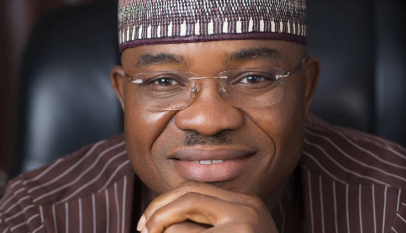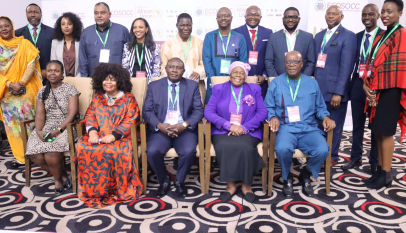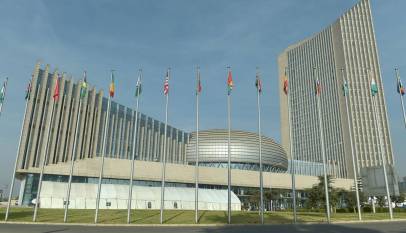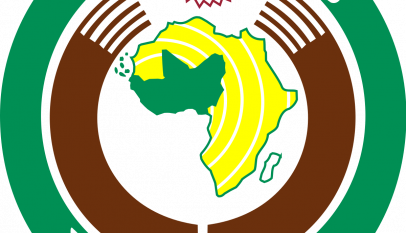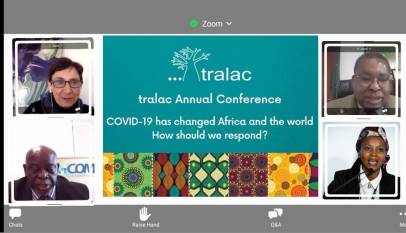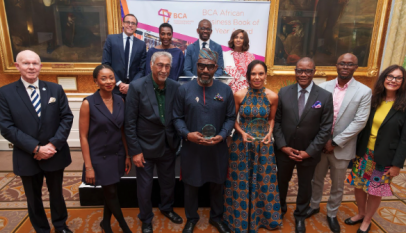TRALAC’s AfCFTA workshop series continues with discussion on trade agreements with third parties
In continuation of its three-part weekly AfCFTA workshop series, Trade Law Centre (TRALAC), the South Africa-based public benefit organization focused on improving capacity in trade governance in Africa, Thursday hosted a high-level discussion, themed: “The African Continental Free Trade Area (AfCFTA) and the Regional Economic Communities; and trade agreements with third parties.”

It would be recalled that the operational phase of the AfCFTA was officially launched in Niamey, Niger on 7 July 2019; however, the AfCFTA-based preferential trade will only become a reality after outstanding Phase I negotiations (tariff reductions, rules of origin, conditions for trade in services in the five priority sectors) are concluded. Trade under the AfCFTA Agreement was initially due to commence on 1 July 2020, the date was however postponed to 1st of January, 2021 – as a result of the COVID-19 pandemic.
It was against this backdrop that TRALAC launched its three-part stakeholder workshop series last week Thursday. Trudi Hartzenberg, TRALAC’s executive director, while stressing the importance of trade agreements especially in the post-colonial era, eulogized the significance of the workshop series, which she said, aims to extend TRALAC’s focus on trade agreements with third parties (including the Kenya-US negotiations).
“About 80 percent of African trades still takes place with global partners,” says Hartzenberg. “This underscores why AU member states need to actively embrace and participate in the continental integration process, thereby boosting the continent’s economy and opening up of international investment opportunities as the negotiations and implementation of protocols goes on.”
While discussing the role of regional communities in attaining continental integration and what lie ahead in terms of the second phase of the AfCFTA negotiations, Professor Gerhard Erasmus, an emeritus professor of law at the University of Stellenbosch cum founder of TRALAC, emphasized that “all member states of the African Union should participate in the negotiation processes, and should not be restricted to only States that have ratified the agreement.”
Professor Erasmus further emphasized the urgency of the conclusion of the AfCFTA negotiations, adding that results of tariff negotiations must be adopted while domestic procedures must also be put in place, among other measures necessary for trade under AfCFTA preferences to become a reality. Both Hartzenberg and Erasmus emphasized the importance of the implementation of AfCFTA goods protocol negotiations including Articles 8, 9 and 12 on schedules of tariff concessions, elimination of quantitative restrictions and elimination of non-tariff barriers, respectively.


